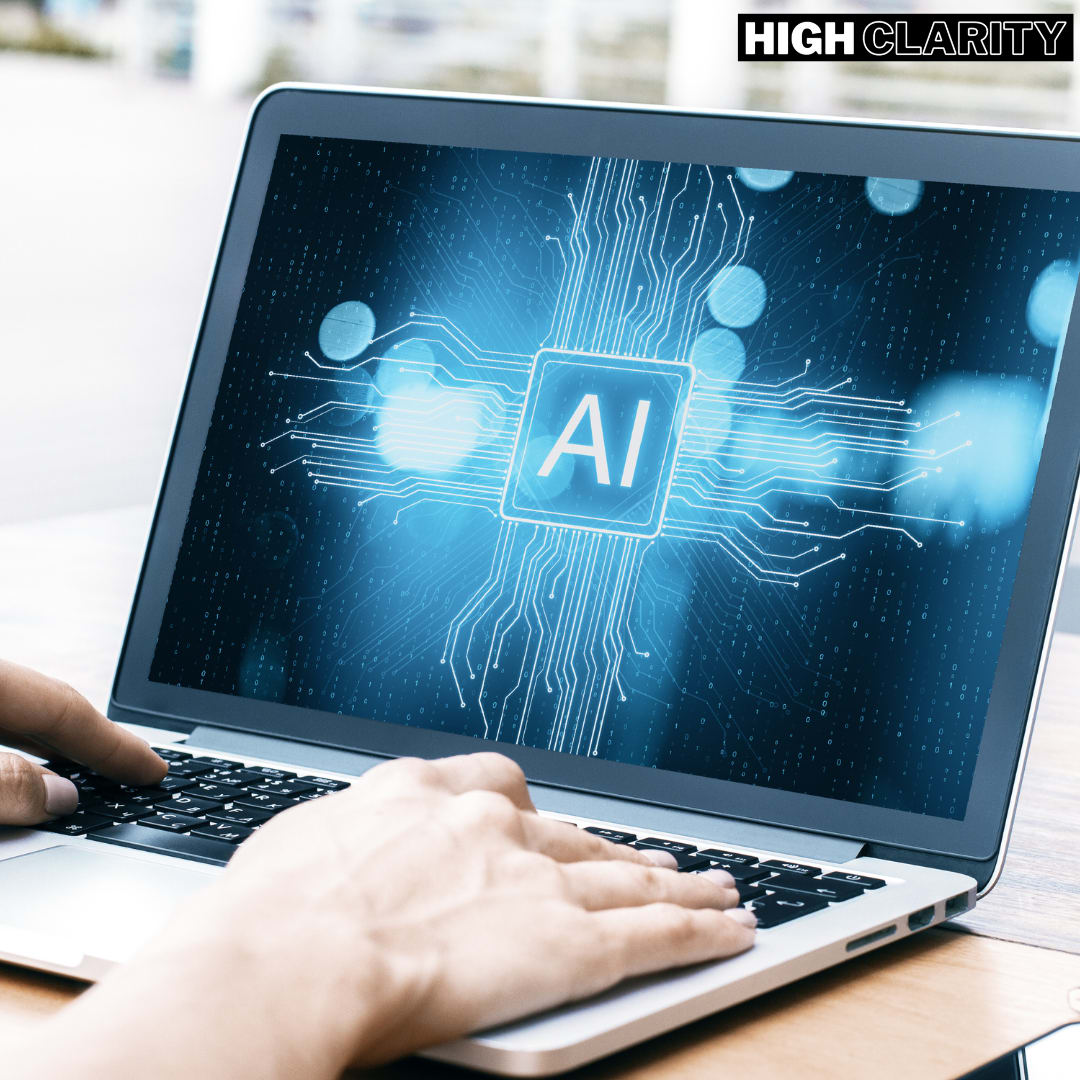
Artificial intelligence (AI) stands poised to transform numerous sectors—from healthcare and education to transportation and finance—but experts warn that progress in developing socially beneficial AI could be hampered without a reevaluation of how these systems are measured and evaluated.
According to recent research, the current benchmarks used to assess AI performance often fall short in capturing the technology’s broader societal impacts. Most existing benchmarks concentrate on narrow technical metrics such as accuracy, speed, or efficiency. While these indicators are essential for performance evaluation, they fail to consider critical factors like fairness, transparency, ethical implications, and real-world usability.
Scholars argue that benchmarking in AI should evolve to include more holistic, socially-informed metrics. They advocate for benchmarks that reflect a diversity of experiences, populations, and applications. For example, rather than solely measuring an AI model’s ability to process language correctly, a more comprehensive benchmark might also examine how the model performs when interacting with marginalized or underrepresented communities.
Improved benchmarks could address common pitfalls such as algorithmic bias, lack of interoperability across different platforms, and the exclusion of stakeholder voices in AI design and deployment. These concerns are often overlooked in traditional technical evaluations but play a crucial role in shaping how safe, reliable, and beneficial AI can be in practice.
The call for better benchmarking is closely tied to the idea of responsible innovation. By building evaluation tools that better represent real-world conditions and societal priorities, developers, regulators, and users can collectively ensure that AI helps serve the public interest. Standard-setting bodies and policymakers are also being urged to promote the adoption of such expanded benchmarking frameworks through regulation and public-private collaborations.
In conclusion, refining the way AI systems are evaluated is essential to harnessing their full potential. Better benchmarks do more than just improve algorithms—they help align technological progress with the needs and values of society at large.
Source: https:// – Courtesy of the original publisher.








